October 14, 2013
AHMM chosen for new Met Police headquarters project
The firm of architects chosen for Google’s enormous new North London headquarters project as well as the redevelopment of the BBC’s Television Centre has been chosen to design the new home of the Metropolitan Police in Whitehall. The decision to award the job to Allford Hall Monaghan Morris (AHMM) was announced by the Mayor of London, the Metropolitan Police Commissioner and the Royal Institute of British Architects (RIBA). The Mayor’s Office for Policing And Crime (MOPAC) is selling New Scotland Yard, and moving to modern offices at the iconic Curtis Green building on the Victoria Embankment in 2015. This new building will then revert to being called Scotland Yard.







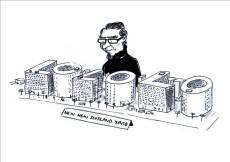
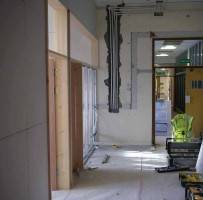
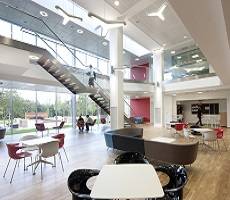




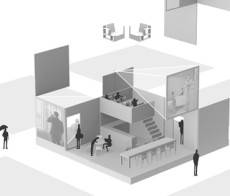


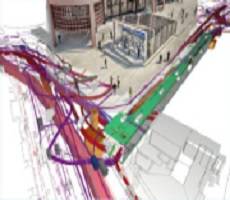









October 22, 2013
What happens in a designer’s mind and Mac can be very different to reality
by Simon Heath • Architecture, Comment, Facilities management, Furniture, Workplace design
Social media is inarguably closing the gap between organisations and consumers of their services. Advances in the way we interrogate the opinions of building users are lifting the veil on some sharp practices in management and the negative impacts of poorly thought out design or badly executed installation of designs into the built environment. The positive impacts of this new, more open world are evident in changing attitudes to mental health and other wellness issues that affect us in the workplace. And it is becoming ever more evident in the response to a clear disconnect between what happens inside the designer or architect’s MacBook and its effect on the physical spaces with, and within which, we interact.
(more…)